Every now and then it’s good to do something different. Especially when it’s with wonderful people in a spectacular place and the sun is shining.
Team DTW takes on Roseberry Topping
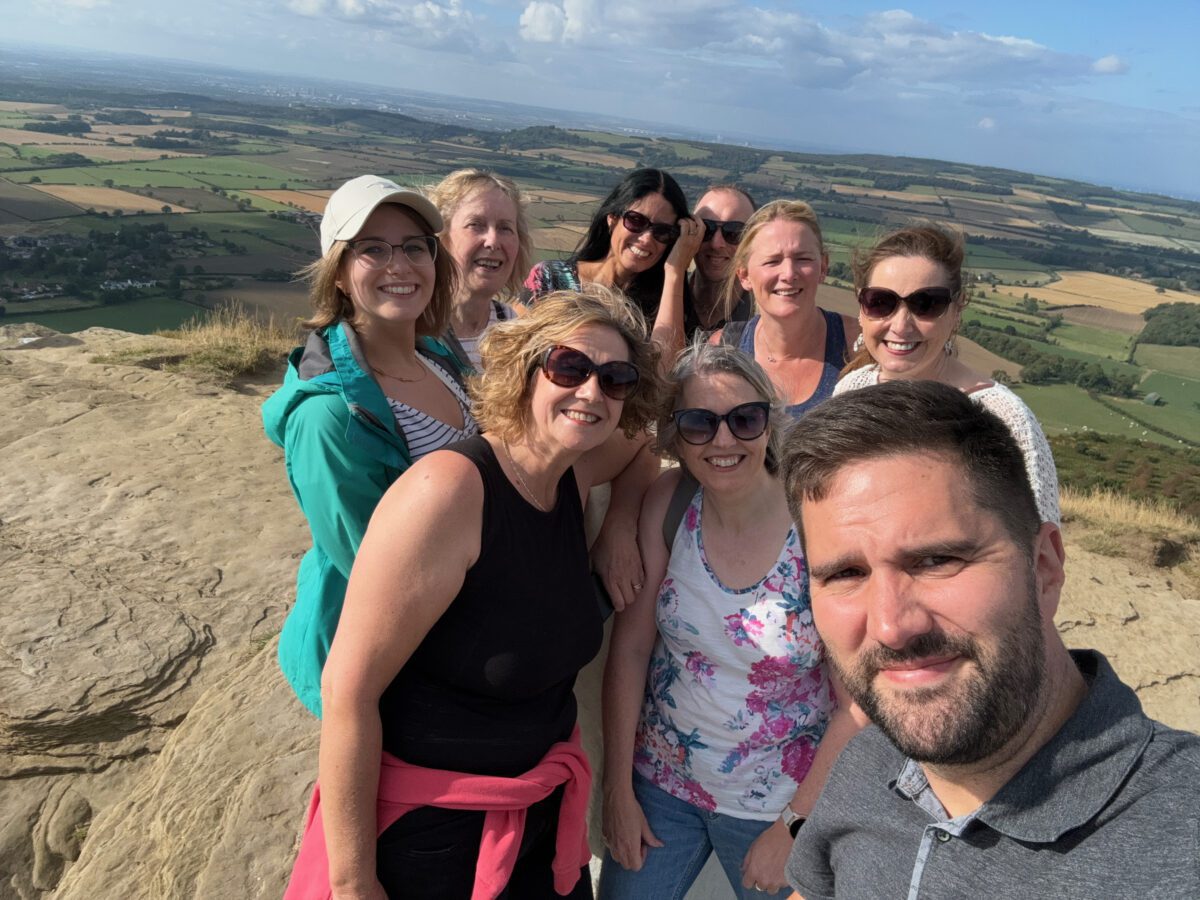

Every now and then it’s good to do something different. Especially when it’s with wonderful people in a spectacular place and the sun is shining.
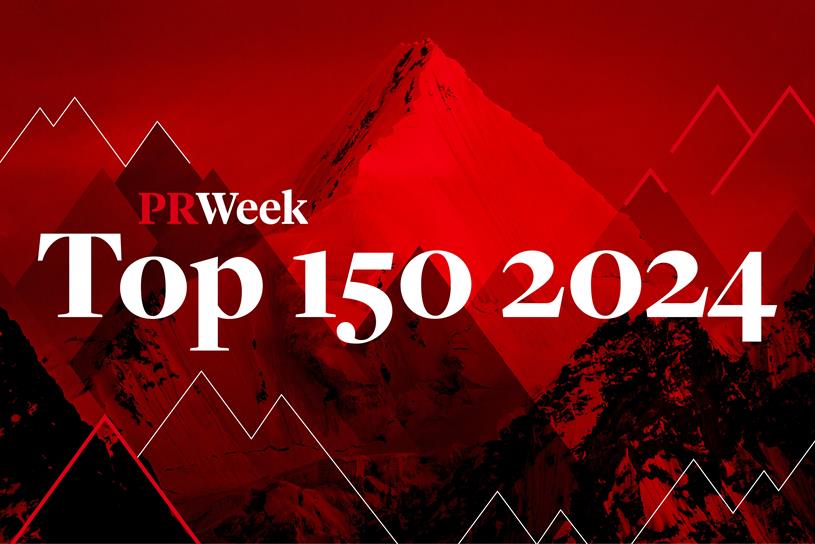
The annual PR Week ‘Top 150 consultancy tables’ have been published for 2024.
DTW has been ranked as the fifth largest corporate and financial PR agency outside London and in the top 40 specialists in the UK.
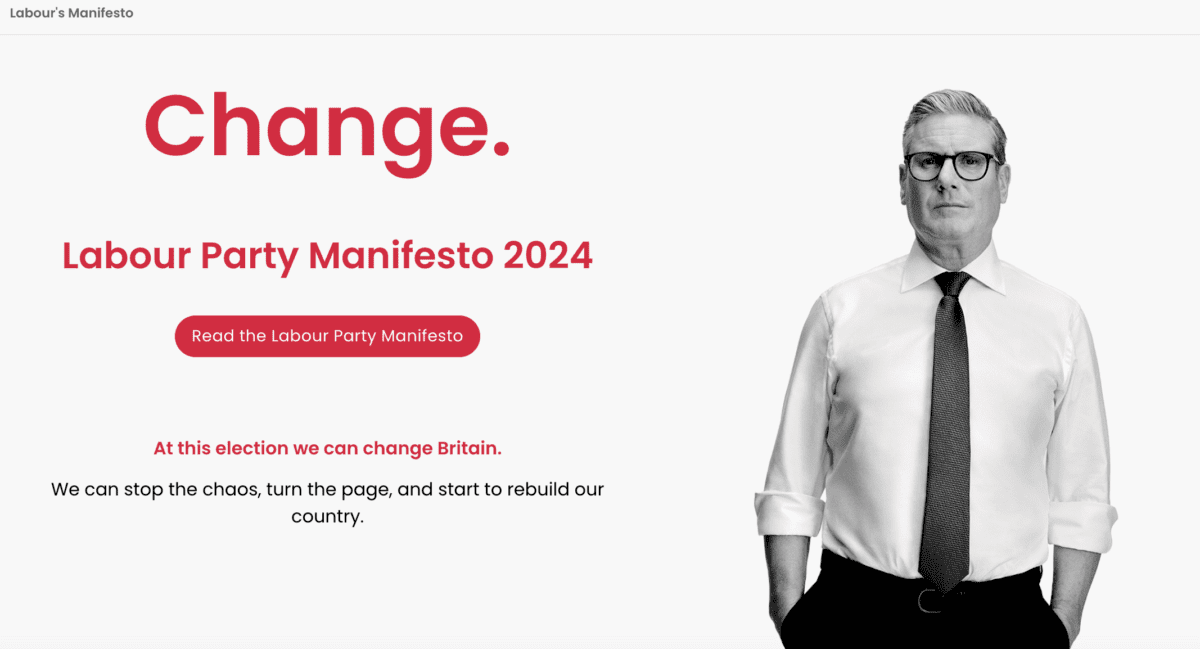
We’re rocketing fast towards a General Election and with less than two weeks of campaigning left (sigh of relief all round!) the polls are predicting a significant Labour victory.
But what does that mean? And what should you be doing now to prepare for what looks certain to be life under a Labour or Labour led government with Kier Starmer as Prime Minister?
Understanding Labour’s agenda – mission-driven government
Labour has been seriously preparing for government for some time. With talk of ten-years of national renewal and re-building Britain, a central part of Kier Starmer’s pitch to the country is to deliver stable government after the turbulence of recent years under the Conservatives.
At the heart of that is what Labour calls “mission-driven government”.
In its own words from the manifesto Labour defines that as “raising our sights as a nation and focusing on ambitious, measurable, long-term objectives that provide a driving sense of purpose for the country.”
That both outlines Kier Starmer’s personal and political philosophy and is designed to set out a very different tone to ‘the chaos’ of the Conservative government.
Labour has five wide ranging missions that sit at the heart of its manifesto:
Each mission covers a range of policies Labour wants to deliver in a joined-up manner. You can agree or disagree with the politics but what is undeniable is Labour has set out a clear plan – and this plan presents a huge opportunity for membership organisations to both engage with government and show leadership with employees, partners and members.
Organisations can show their value by taking the opportunity to understand, engage and help shape and contribute to the implementation of this new look national agenda.
Engaging with Labour’s agenda
So what should you be doing?
Labour’s first 100 days are going to be unusual as we don’t typically have summer elections, but they will be hitting the ground running. The party’s pitch to voters makes a big play of certainty and stability, and its 133-page manifesto (the missions are the most important bit) outlines its plans.
Don’t wait for July 4th to be over to start planning your next steps.
Featured image from The Labour Party



Eyes. Ears. Mouth. Preferably used in that order.
In this noisy age of social media and limited attention spans, it’s easy for teams running infrastructure projects to rely on clever digital tools and channels to communicate with stakeholders.
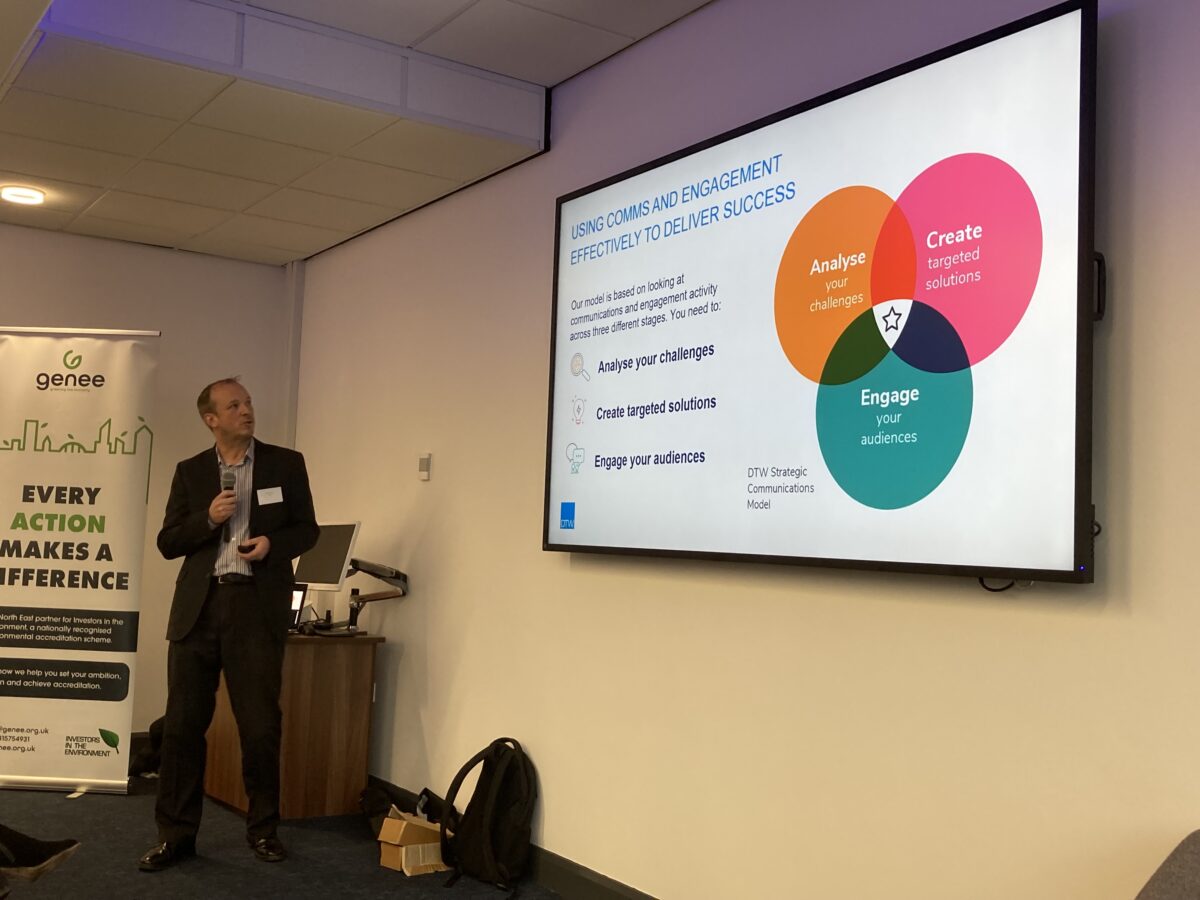
Karen and I were on speaking duty today (Thurs 8 Feb) at the North East Recycling Forum (NERF) – presenting about the importance of communications and engagement in achieving net zero.
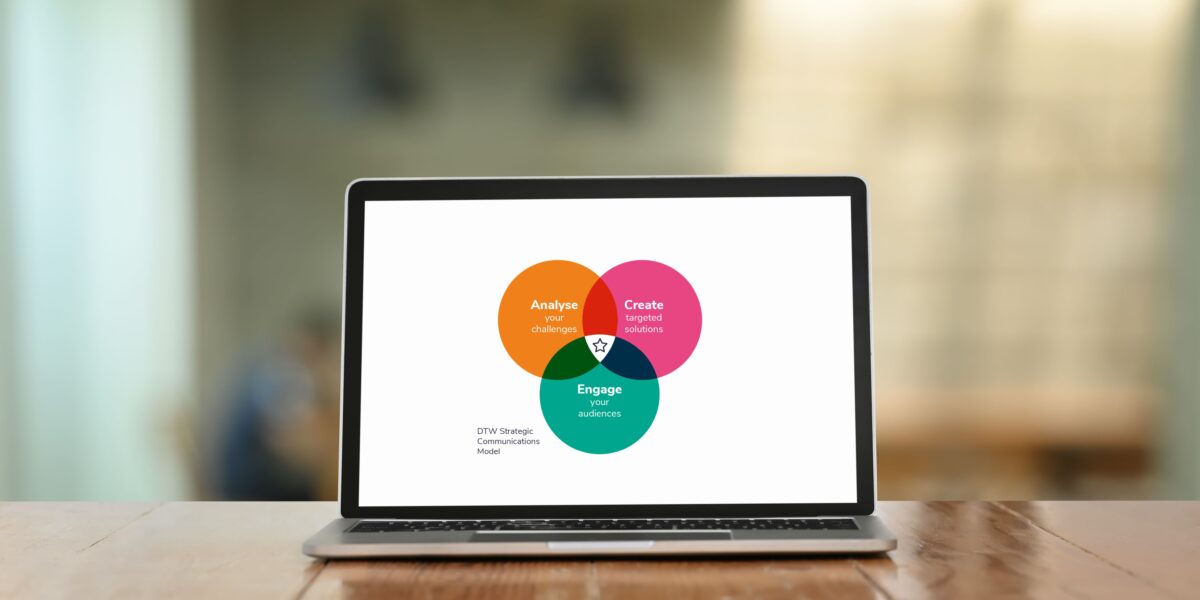
We’re kicking off 2024 by sharing our DTW Strategic Communications Model.
It’s our own unique model that we use to deliver strategic communications and marketing services to our clients – where we work collaboratively with them to help solve their biggest challenges.
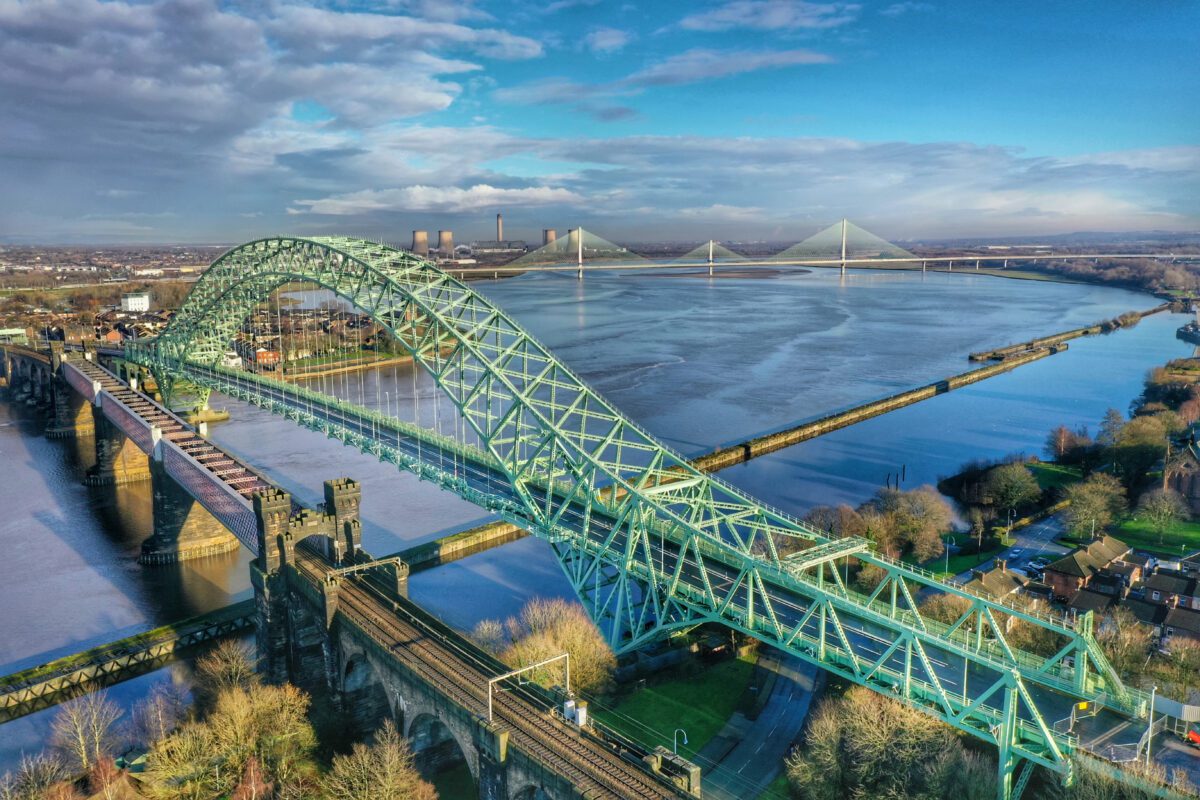
There’s really nothing like a big infrastructure project to get people passionate about investment and politics.
Tees Valley Combined Authority – led by Tees Valley Mayor Ben Houchen – is funding a new £1million feasibility study into a possible tunnel under the River Tees connecting Redcar and Hartlepool.
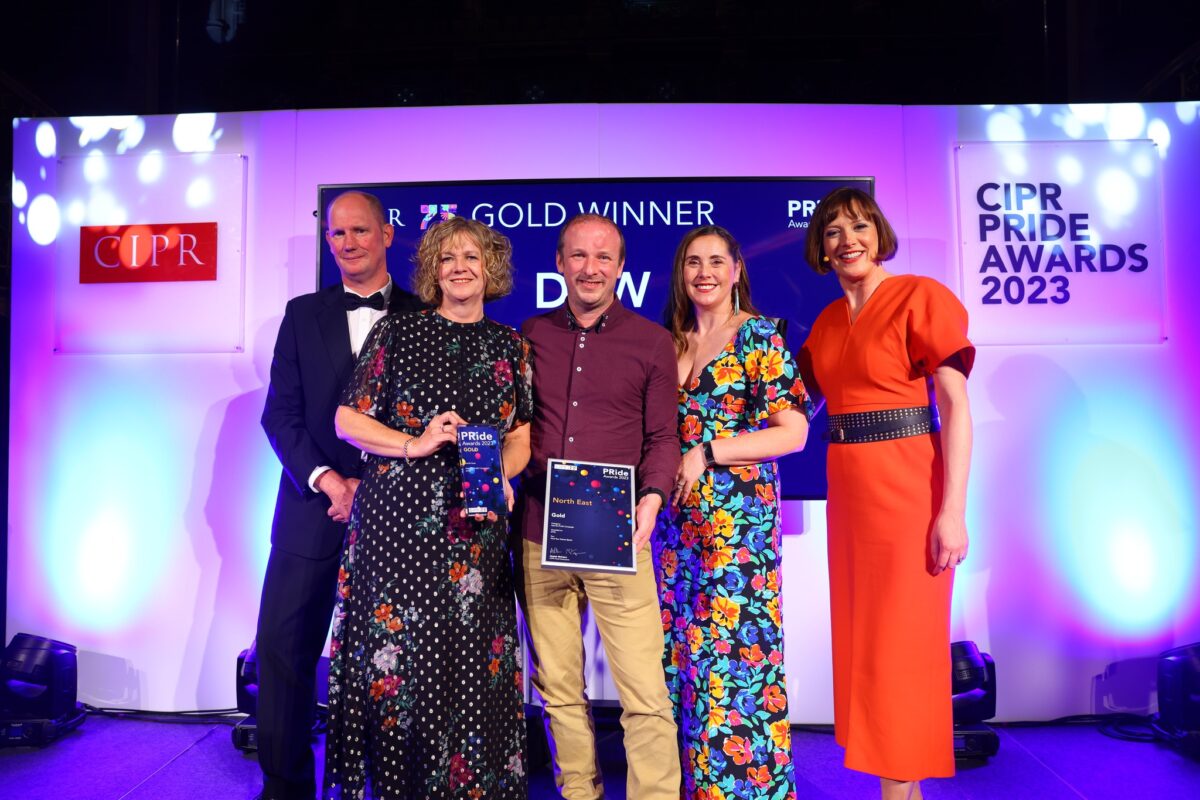
DTW triumphed at the 2023 CIPR North East PRide awards, winning three gold awards for work on a range of projects for clients across the UK. Managing Director Chris Taylor summed up the excitement of the team.